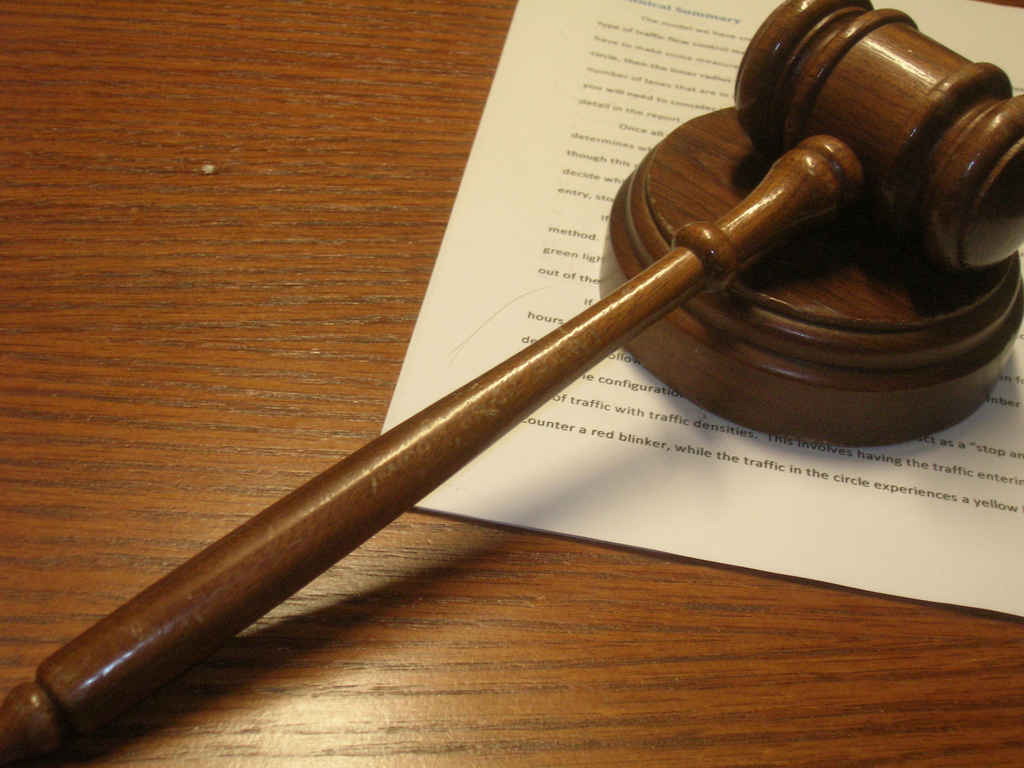 If a single force can be given credit for keeping personal injury attorneys in business, that force is insurance. To be fair, this is partly because people involved in accidents mainly communicate through their insurance companies; however, it can only be called unfortunate that so many people find it necessary to communicate with their insurance companies with yet another third party: personal injury attorneys. That anyone in need should find themselves without an ample safety net is sad news, indeed.
If a single force can be given credit for keeping personal injury attorneys in business, that force is insurance. To be fair, this is partly because people involved in accidents mainly communicate through their insurance companies; however, it can only be called unfortunate that so many people find it necessary to communicate with their insurance companies with yet another third party: personal injury attorneys. That anyone in need should find themselves without an ample safety net is sad news, indeed.
While insurance adjusters are no more predisposed to sociopathy than anyone else, this does not necessarily mean that they should be taken at their word, as the following examples illustrate:
Table of Contents
1. Henderson, et al. v. Fields and Shelter Insurance Company
On Christmas Day in 1998, a man whose blood-alcohol concentration was double the legal limit struck a car carrying a young couple and their 4-month-old daughter. The couple’s parents appealed to the perpetrator’s insurance company for $5 million per person or their best offer. When the insurance adjuster refused to cooperate, the families of the wrongful death victims were obliged to go to court for satisfaction. In court, the company produced a letter offering to pay out the full $300,000 covered in the perpetrator’s policy which the survivors had not seen prior to the trial. After they were convicted of bad faith practices, the insurers confessed that they had not, in fact, sent the letter.
As one of the petitioners’ personal injury attorneys observed, the case was “not [about] those [who] suffered by the plaintiffs in the underlying case, but those suffered by the insured because of the failure to settle.” Because of an insurance company’s fraudulence, not only the victim’s families suffered, but also their own client.
2. McElgunn v. CUNA Mutual Group
In 2009, a South Dakota woman with terminal cancer was forced to work herself into an even earlier grave because of her insurer’s refusal to acknowledge the validity of her claim. Although she was in hospice care when she went to trial, her insurers “suggest[ed] she could still work as a ‘pet sitter,’ or make and sell hand-made hats” in spite of her prior testimony to the extent of her disability. The woman’s friend was entrusted with the task of continuing the case when the petitioner died 30 days after testifying. Three years later, the company was charged with $6.2 million in damages. They appealed the verdict.
3. Jurinko v. Medical Protective Co.
An insurance company in Pennsylvania came under fire in 2008 when they would not brook the possibility of a larger settlement than their initial offer of $200,000, even though the offer was patently stingy. The court found that “Medical Protective refused to negotiate in good faith, instead engaging in admittedly unfair negotiation tactics.” Rather than negotiate with the other parties, all of which were willing to bargain, the petitioners’ insurer blatantly
It is rare to find an insurance company that digs in its heels to the extent that those in the examples used have done. However, a battle with insurance is like a plane crash: as unlikely as it is, you want to make absolutely sure that you have a working parachute at your disposal. Thus, if you have been injured, but are not getting your needs met by your insurance provider, you have nothing to lose by asking—especially if you go to Good Guys Injury Law for your consultation. Give your gut the benefit of the doubt and call personal injury attorneys Good Guys Injury Law at (801) 506-0800.
Image courtesy of Brain Turner